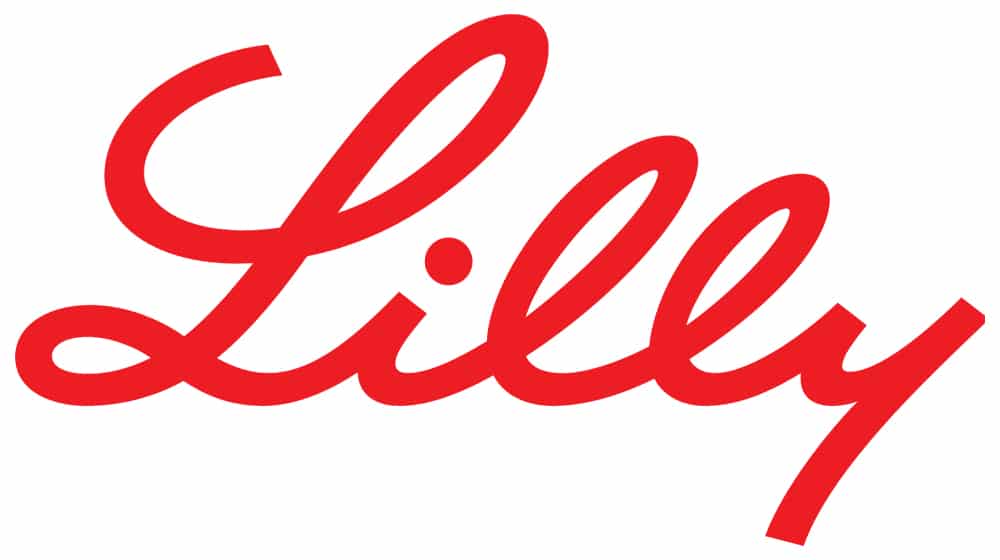Eli Lilly Pakistan (Private) Limited, the manufacturer of Humalog medical insulin used to treat diabetes has decided to close operations in Pakistan at a time when the industry reels from rising medical costs.
According to sources, the closure comes as an outcome of oppressive policies. Lilly’s top management felt multinational companies (MNCs) can’t compromise on standards so the only option was to leave the South Asian country. They are of the view that the local government is not concerned with safety, quality, and efficacy, and due to political reasons, the sole focus is on the price.
In a letter seen by ProPakistani, the US-based MNC stated that it would end its promotional efforts in Pakistan on November 9 (Wednesday) but maintain the availability of its product line in the market. “We remain committed to helping patients who need our medicines; and therefore, Lilly will continue to make our products available in Pakistan through our distributor, AGCL,” it read.
The company letter added the hospital can continue to place orders for Lilly products with its current distributor.
Because the company manufactures insulin, diabetic patients are expected to be deprived of it. Ayesha Tammy Haq, executive director of the Pharma Bureau, told ProPakistani,
It is sad to see the exodus of research-based pharma companies from Pakistan. The first wave of mass exits was over a decade ago and this current wave, like the first, is symptomatic of the lack of certainty and predictability in policy.
The 2018 Drug Pricing Policy was framed under the aegis of the Supreme Court with the consensus of all stakeholders including government and industry. The policy sought to ensure that any required price adjustment would be in line with inflation. However, it was understood that as companies would be able to keep abreast with inflation the amount of adjustment would be capped. The policy did not address the issue of the valuation and as a result, the Supreme Court ordered that a one-time provision be made to deal with the effects of the valuation.
In this regard, Ayesha explained, “In the current scenario, inflation is running at almost 30% and the rupee has devalued against the dollar and all significant currencies by well over 30 percent in the last few months alone. This led to companies recently requesting the government for an across-the-board price adjustment which has not been addressed or even considered. As you will all appreciate it is not possible for any company to operate at a loss and as a result, we are seeing the departure of companies from Pakistan”.
She warned this will not only put patients at risk by severely compromising their access to quality medicine but will also halt the introduction of new and innovative therapies. Add to this the loss of foreign investment, taxes, and government revenues, jobs, creation of downstream industries, transfer of technology, human resource development, and more.
In the past couple of days, two companies have closed their operations in Pakistan. These are US-based Lilly – a world leader in insulin amongst other products and Germany-based Fresenius Kabi whose life-saving products include anesthetics and oncology and autoimmune drugs.
Fresenius Kabi Pakistan Private Limited has closed its operations in Pakistan as is the latest MNC to exit. They made anesthesia medicines, and medicines for oncology, nephrology, autoimmune-related conditions, etc.
“Is the government waiting for everyone to leave before it steps in to stop this? Is force majeure the only option left to companies? There are hundreds of hardship cases of life-saving drugs which are pending approval and the government refuses to act in a timely manner. Instead, it creates a crisis. And given the fact that diabetes is endemic in Pakistan, can you think of a single family you know that doesn’t have someone afflicted by this disease? The crisis will only get worse,” she said.
Ayesha further remarked that the recent case of paracetamol was only one of 48 hardship cases recently presented to the Federal Cabinet for approval. It was finally approved but the remaining 47 were not. Unless the government approves the hundreds of hardship cases pending with them, there is a clear and present danger that all those low-priced drugs will disappear from the market as companies will be forced one by one to stop producing them and in some cases continue to exit the country.
Pakistan’s MNC backdrop remains under pressure as companies are considering leaving the country due to unfriendly regulatory policies and related issues. A broad understanding of the issue reveals companies are finding it nearly impossible to stay and supply quality products amid low rates that fail to complement high production costs.
Like other big companies, Lilly was hit by the US dollar’s strength against a basket of currencies. The stronger dollar piled more pressure on the drugmaker which is already dealing with lower insulin prices and cliched competition for its cancer drug.


























Nasir sb, sab se achi medicine wohi hai jo patient ko suit karay. Ap karaye per kaam krna band kr den. Medicine ki choice ham doctors per chor den